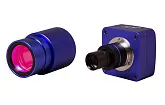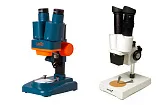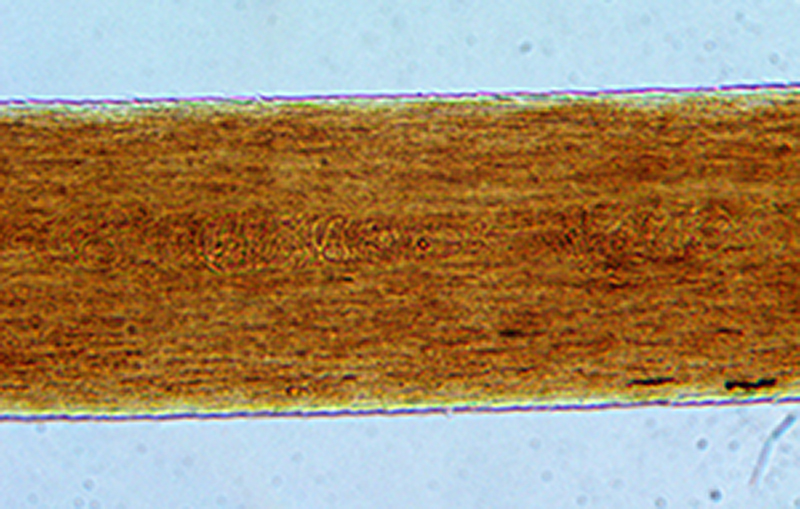What does hair look like under a microscope?
The best part about studying the micro world is that you can find the specimens around you. And sometimes – even on yourself. One of the most interesting objects for studying is regular hair. You do not have to prepare it for observations: simply take one hair, put it on the specimen glass and focus. In this article, we will tell you what hair looks like under a microscope, which optical tool is better to use for observing, and what magnification is required for research. If you have a chance, use different people’s hair for studying. The specimens will differ in color and structure.
Hair under a microscope: photo and structure peculiarities
Human hair under a microscope resembles animal fur. It looks like a tube filled with keratin (pigment) and covered with small scales outside. If these scales are growing tightly, hair looks smooth and shiny. Dull and unruly hair looks different under a microscope – the scales are disheveled and tumbled.
You can study hair under a microscope, take photos, and record videos of your research with a regular digital microscope. High magnification is not required: magnification up to 100x is sufficient to observe a hair shaft, hair bulb and hair tip. You can use an optical microscope for observations, but you will at least need a smartphone to take pictures.
In our online store, you will find a rich choice of up-to-date microscopes that will be perfect for studying different specimens, as well as prepared slides.
Any reproduction of the material for public publication in any information medium and in any format is prohibited. You can refer to this article with active link to eu.levenhuk.com.
The manufacturer reserves the right to make changes to the pricing, product range and specifications or discontinue products without prior notice.



